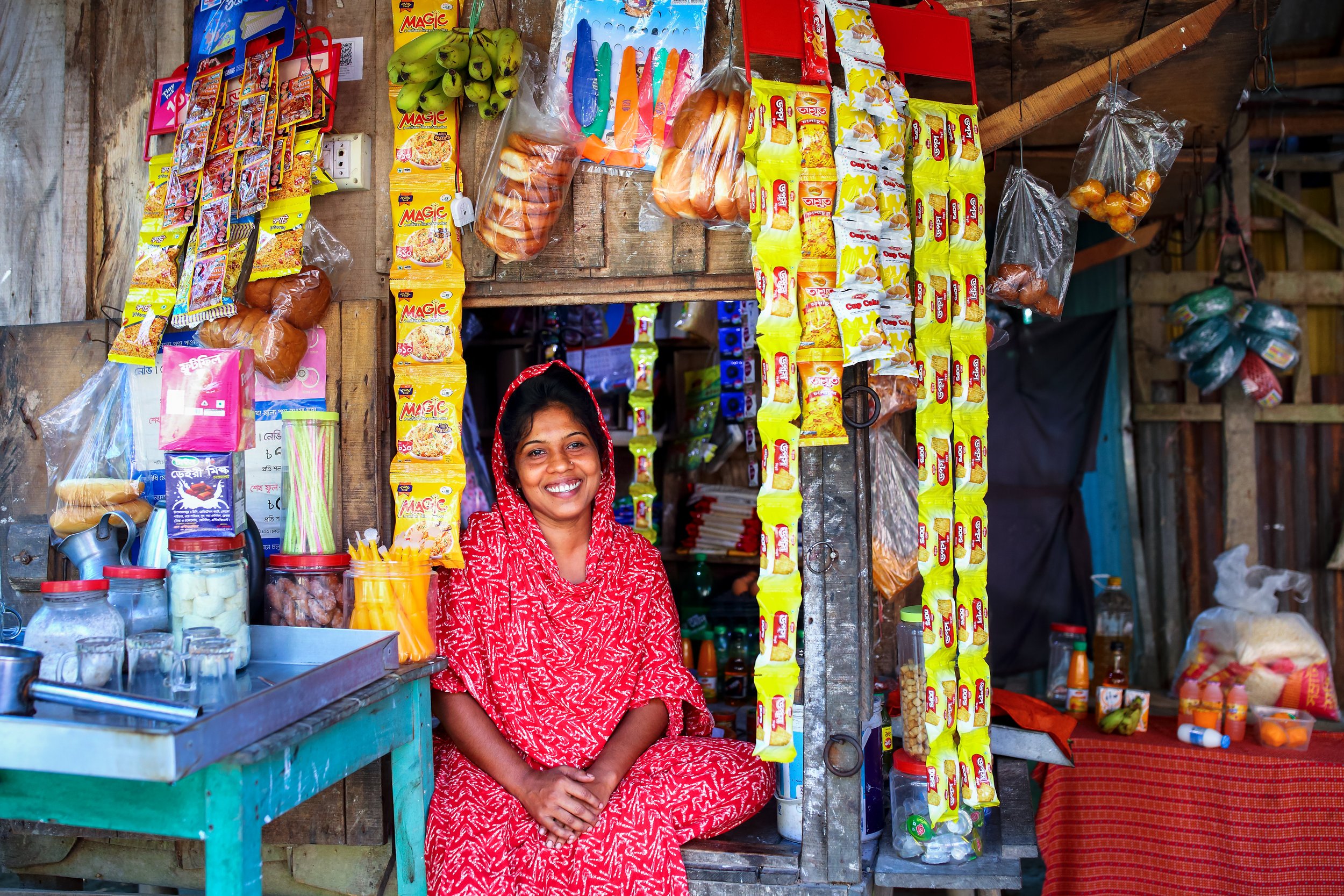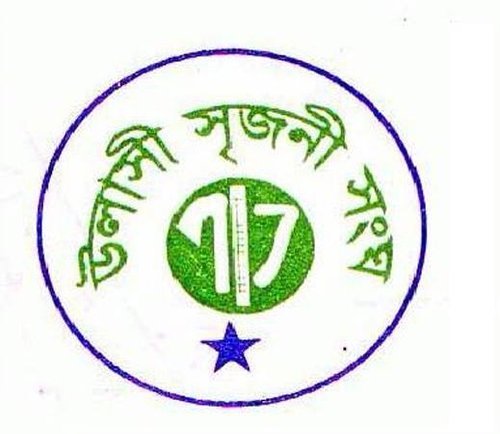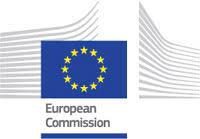Women’s Economic Empowerment: Bringing about lasting economic and livelihood benefits and empowerment for women living in poverty in Bangladesh
49% of the rural population in Bangladesh live in poverty with women disproportionately affected, many working in precarious informal employment - their incomes being less than half that of men (OPHI 2019).
In these areas, women’s livelihoods are more volatile because of the heavy reliance on agriculture and therefore increased susceptibility to climate shocks.
They’re discriminated and disadvantaged in other areas of life. They don’t enjoy equal rights in marriage, divorce, inheritance, and custody of children. 87% of those married, experience domestic violence, 66% of 16-year-olds are married and 56% of adult women are illiterate.
Patriarchal attitudes and discriminatory laws, wage discrimination and high rates of malnutrition among women perpetuate the problem with few women in parliament or local politics to challenge this injustice.
“Earlier I used to feel like a burden on my husband's shoulder. I was an unemployed housewife and my husband used to be a day laborer and only with his earnings this family was running with many difficulties. Now we both run a grocery store in front of our house and we also do vegetable farming in our own field. No woman in our area used to farm or raise animals, there was not a woman in the area who was a shopkeeper before. Now I can earn myself and support my family. That is success for me.”
Nargis Begum, Bangladesh.
Participants will be supported to work together to run women-led businesses. They’ll start new enterprises which are market driven and connected to local supply chains and will be supported to raise their incomes, collectively claim their rights and act to reduce the poverty and discrimination they face.
Project name: Women’s Economic Empowerment (WEE)
Where are we working? Bangladesh
How long for? Feb 2021 – July 24 (3.5 years)
Who is benefiting? 15,000 women working in farming supply chains
Project aims:
Support 15,000 rural women and their to increase their incomes by at least 26% and build skills around entrepreneurship leaving a lasting legacy
Diversify incomes for rural and marginalised women, including those with disabilities
Strengthen 500 effective women-led businesses and develop revolving funds to continue to strengthen and grow environmentally sustainable enterprises both during and beyond project end
Pilot the development of 100 Women Led Community Stores
Support women come together to find and use collective voice to advocate for and secure members’ rights and access to government support and services now and beyond project end
Reduce gender-based discrimination now and beyond project end
Who are we working with?
The project is 85% funded by the European Commission and we are working with local partners USS and Bikash Bangladesh.
We’re looking for funders to fund the remaining 15% for this project. If you’d like more information please contact hello@transform-trade.org quoting the project name. Thank you.
For more information about this project, please contact programmes@transform-trade.org





